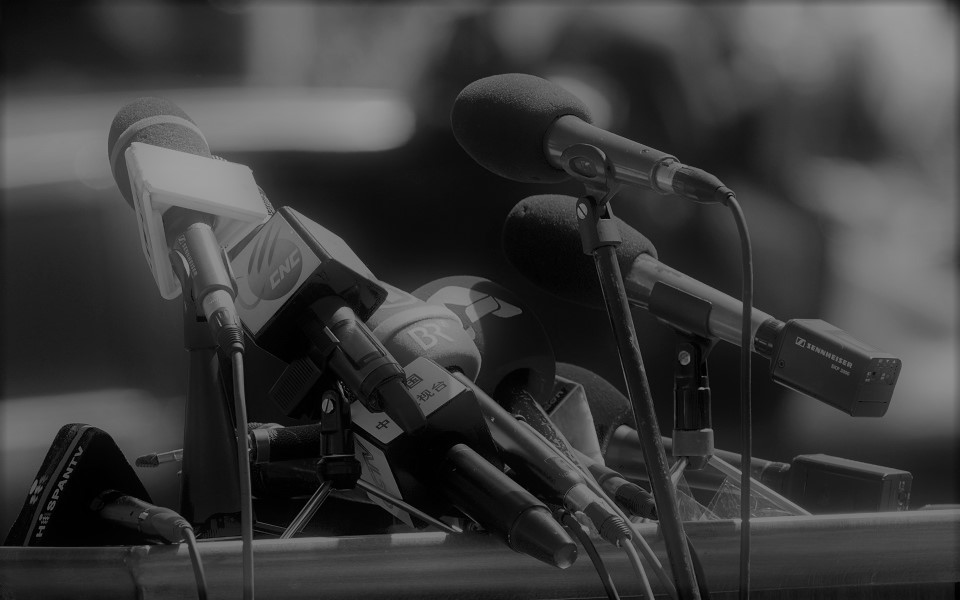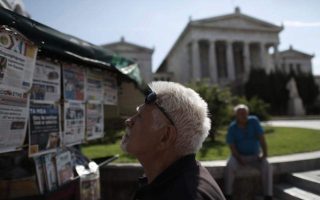The deadliest sin of all

Our times are incredibly interesting, and dangerous. Everything is done to excess. Especially when it comes to the threats and challenges, from Covid-19 to climate change. Also, the mill of “information” runs 24-7, with no breaks. The pressure to communicate is likewise nonstop. The passions of all those taking part in the public debate are unbridled. The world of the social networking media buries anything non-extreme. If the cauldron of politics once operated at, say, 300 degrees, it is now over 1,000 and keeps getting hotter.
Within this universe, politics is the art of survival, under conditions of cannibalism and constant pressure. It is like taking part in an extreme version of “Survivor.” And this is true not only of politicians but anyone taking part in the public sphere, in any guise.
There are no easy recipes.
However, cultivating excessive expectations is a deadly sin under any circumstances. Better always to put the bar low and clear it. There is no sense, for example, in overselling the abilities of the Greek state apparatus. Because it may perform miracles, for example, in safeguarding the border from Turkey’s attempt to flood the country with migrants, in implementing online prescriptions or in vaccinations, but a mishap always looms, as happened with the snowstorm. There is no disputing the significant progress made in civil protection or that we can find knowledgeable people who put in the effort in key positions. But an excess of praise is still harmful.
It is also a mistake to make politics, whether opposition or any other kind, out of natural phenomena. They are greater than any of us, they are repeated and they humble all governments.
Pressure also leads to excessive media exposure, the deadliest sin of all. In every part of the world you have spokespersons, experts and civil servants and appointees who inform the public in times of crisis. The politicians are there for the broad picture and the big issues, but the experts and the civil servants make the big picture intelligible. They answer technical questions and explain key decisions.
In Greece, this breed went extinct after 2004. Ministers play all the roles, at all times of the day. When I watch them, as I’ve done for many years now, falling on their own sword publicly, I remember what Wolfgang Schäuble once told me when I protested to him that I had been trying to get an interview with him for years. “You should remember,” he said, “that nobody ever lost their job because of an interview they did not give.”





